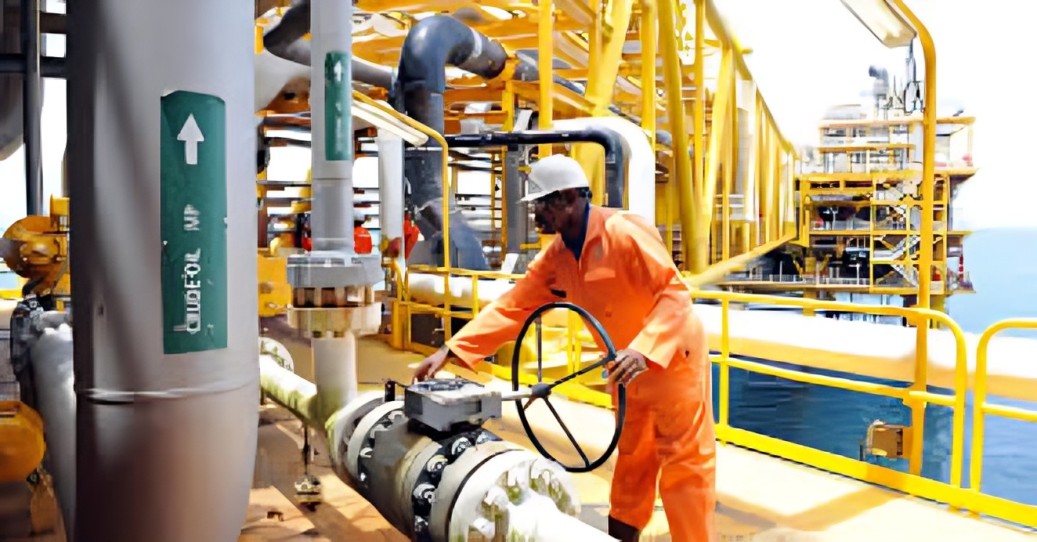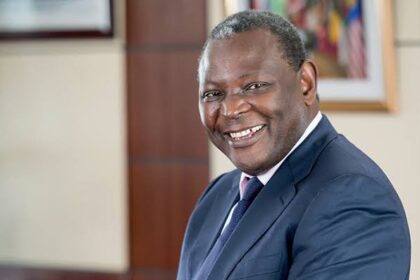At a Glance
- Partnership could link North and West Africa’s gas strengths, enhancing Mediterranean export access.
- Egypt and Nigeria explore LNG partnerships to strengthen Africa’s role in global energy exports.
- Talks center on joint infrastructure, exploration, and capacity-building programs for sustainable collaboration.
Egypt and Nigeria, two of Africa’s biggest oil and gas producers, are setting the stage for closer cooperation following ministerial talks at the Gastech 2025 conference in Milan.
Egypt’s Petroleum and Mineral Resources Minister Karim Badawi met Nigeria’s Minister of State for Petroleum Resources, Ekperikpe Ekpo, to explore joint investments in exploration, liquefied natural gas (LNG) projects, and energy infrastructure.
Shared ambitions
The ministers discussed expanding Egyptian petroleum companies’ role in Nigeria, particularly in infrastructure development and project implementation.
They also reviewed opportunities for technical exchanges, capacity-building programs, and collaborative ventures in LNG exports. Both sides agreed to maintain consultations aimed at building a framework for long-term cooperation.
Why it matters
Egypt has positioned itself as a regional gas hub, with export terminals at Idku and Damietta providing access to European markets.
But its exports have recently faltered due to declining domestic production, prompting a push for new exploration and external partnerships.
Nigeria, home to Africa’s largest proven gas reserves and the NLNG complex at Bonny, brings scale and feedstock but continues to battle oil theft and pipeline sabotage that constrain output.
A partnership would give Nigeria access to Egyptian LNG infrastructure and Mediterranean export routes, while Egypt could benefit from Nigerian reserves and technical collaboration on exploration.
Joint projects could also strengthen Africa’s role in supplying natural gas to global markets at a time when Europe is diversifying away from Russian energy.
Strategic hurdles
Despite the optimism, challenges loom. Egypt must balance rising domestic demand with export ambitions, while Nigeria needs to stabilize production and secure financing for large-scale LNG expansion. Regulatory alignment, local content rules, and regional security risks also threaten to slow progress.
New chapter for African energy
Both governments framed the Milan talks as the start of a deeper relationship. For Egypt, the push underscores its ambition to retain its place as a Mediterranean energy hub despite production setbacks. For Nigeria, it is a chance to leverage external expertise and infrastructure to monetize vast gas reserves more effectively.
If successful, the partnership could provide a model for wider pan-African collaboration in oil and gas — linking North and West Africa’s strengths to unlock new export potential.















